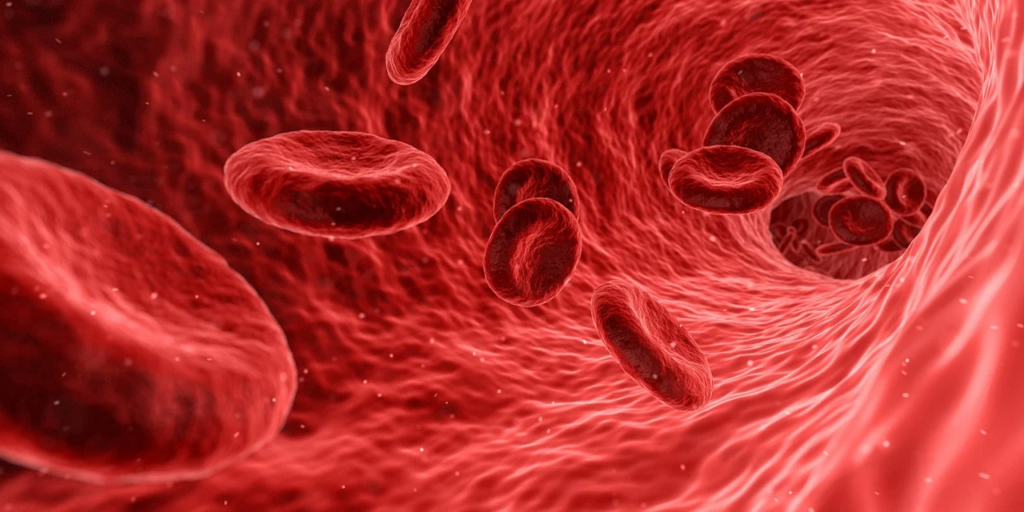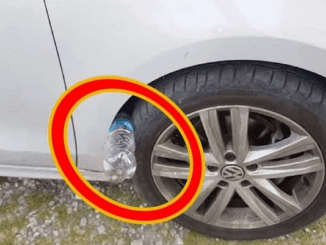We often think of our heart as a vital organ tucked away in our chest, but did you know that our feet can actually be powerful indicators of our cardiovascular health? It’s true! Pain, numbness, swelling, and other seemingly minor foot issues can be red flags for serious heart problems or clogged arteries. Understanding the connection between our feet and our heart can empower us to take proactive steps towards better overall health.

Peripheral artery disease (PAD) is a common condition where plaque buildup narrows the arteries, restricting blood flow to the legs and feet. Imagine your arteries as highways for blood, and plaque as a traffic jam. This blockage can cause significant discomfort and limited mobility, especially in your lower extremities.
PAD often manifests itself in your feet and legs through a variety of symptoms, including:
- Pain: You might experience pain in your legs or feet, especially when walking or standing for long periods. This pain is often described as a cramping or aching sensation.
- Numbness: A lack of blood flow can cause numbness or tingling in your feet, especially in your toes.
- Swelling: Swelling in your feet or ankles can be another sign of PAD, as it indicates that fluid is building up due to poor circulation.
- Slow Wound Healing: If you have PAD, wounds on your feet may take longer to heal due to the reduced blood flow.
Identifying PAD early is crucial to preventing serious complications, such as amputation. Your doctor can check for PAD by:
- Measuring Your Pulse: They will check your pulse in your feet to see if it’s weak or absent.
- Performing an Ankle-Brachial Index (ABI) Test: This test uses ultrasound to compare the blood pressure in your ankle to the blood pressure in your arm. A lower ankle blood pressure compared to your arm blood pressure can indicate a blockage in your arteries.
Poor circulation in your feet can have a significant impact on your overall health and well-being. Here’s why:
- Oxygen Deprivation: Reduced blood flow deprives your tissues of oxygen and nutrients, which can lead to pain, numbness, tingling, and slow wound healing.
- Increased Risk of Infection: Poor circulation can weaken your immune system, making you more susceptible to infections, particularly in your feet.
- Peripheral Edema: Weak heart function can lead to peripheral edema, causing swelling in your legs and feet.
- Diabetic Foot Problems: For people with diabetes, nerve damage from high blood sugar levels can exacerbate foot pain and numbness, making it even more important to monitor and manage blood sugar levels.

Preventing PAD and coronary artery disease (CAD), another type of atherosclerosis affecting the arteries of the heart, involves adopting a healthy lifestyle. Here are some key steps:
- Regular Exercise: Aim for at least 150 minutes of moderate-intensity exercise per week, which translates to about 20 minutes a day.
- Healthy Diet: Focus on a balanced diet low in saturated and trans fats, and rich in fruits, vegetables, and whole grains.
- Blood Sugar Control: If you have diabetes, it’s crucial to manage your blood sugar levels effectively.
- Quit Smoking: Smoking significantly increases your risk of PAD and CAD.
- Manage Blood Pressure and Cholesterol: Talk to your doctor about medications that can help manage your blood pressure and cholesterol levels.
The relationship between your heart and your feet is a two-way street. Maintaining a healthy heart ensures better blood flow to your extremities, and staying active and eating a healthy diet can take pressure off your heart and feet.

Regular checkups with your doctor are crucial for managing any underlying conditions that might affect your cardiovascular and foot health. Early detection and treatment are key to preventing severe complications.
Your feet can be powerful messengers, providing valuable insights into your cardiovascular health. Pay attention to any pain, numbness, swelling, or other changes in your feet. Don’t ignore these signals! Understanding the connection between your feet and your heart can empower you to take proactive steps towards better overall health. A healthy lifestyle, regular checkups, and early detection can help protect your heart and ensure that your feet are happy and healthy for years to come.


